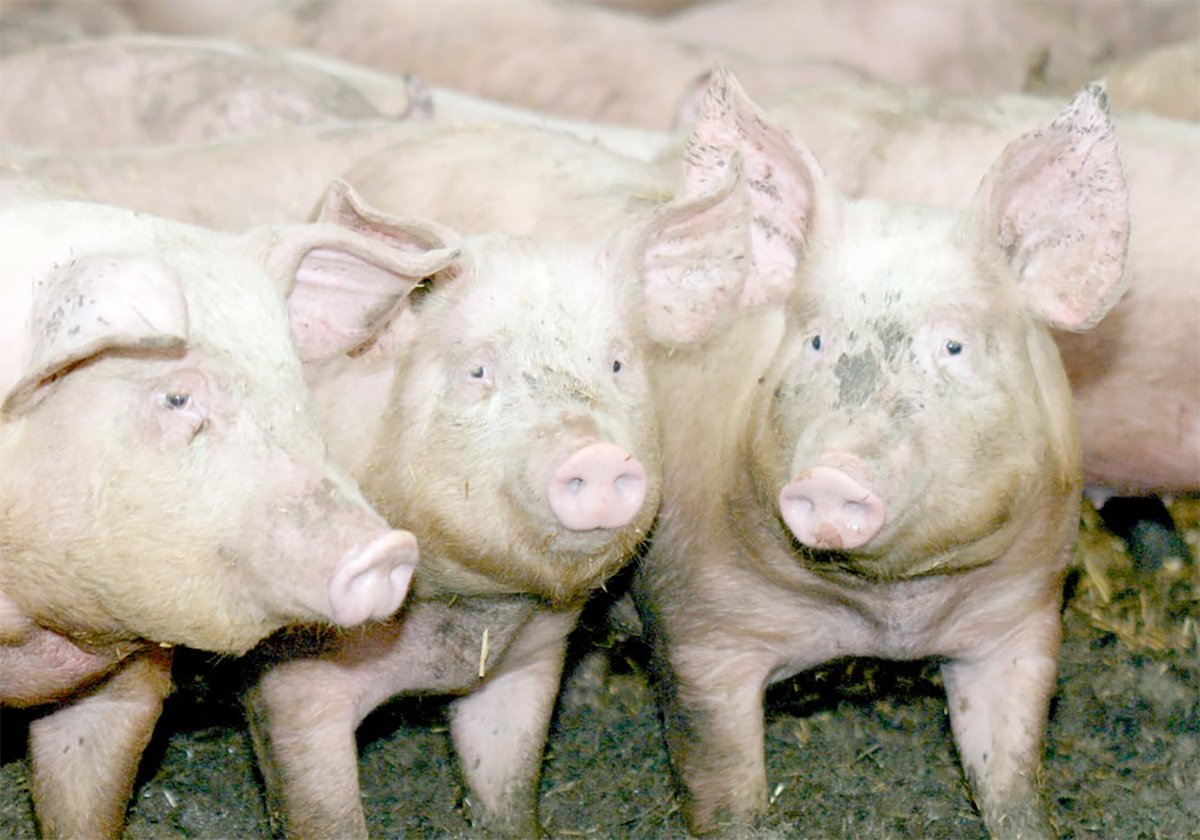DENVER, Colo. Ñ March 7 still holds as the date for Canadian cattle to return to the U.S. beef market.
However, if a team of U.S. Department of Agriculture investigators visiting Canada this week uncovers problems with epid-
emiology practices, the feed system or compliance with the feed ban, the Americans could reconsider.
“We’ll be looking at the information they bring back and making the appropriate decision at that time,” said Bill Hawks, undersecretary of agriculture responsible for the animal plant health inspection service.
Read Also

The Western Producer Livestock Report – November 13, 2025
Western Producer Livestock Report for November 13, 2025. See U.S. & Canadian hog prices, Canadian bison & lamb market data and sales insights.
“We don’t have any set things we expect to find when you do an investigation like that,” he told reporters. He addressed the Ranchers-Cattlemen’s Action Legal Fund annual meeting in Denver Jan. 21.
Canada has been designated a minimal risk country with a low chance of developing a serious BSE problem. Following the world animal health guidelines on testing and feed compliance, the U.S. determined Canada’s efforts were acceptable.
Canada is testing its high risk population and its numbers are comparable to what the U.S. is doing.
“From our perspective their numbers are where they should be,” Hawks said.
Since June 1, 2004, the U.S. has tested 188,000 samples and all were negative. The goal is to sample 268,000 in a 12-18 month period. The U.S. has 12 designated labs for testing but not all are ready yet.
There is suspicion among some
R-CALF members that the big packers like Tyson Foods and Cargill Foods with operations in Canada exerted pressure on the U.S. government to reopen the border.
“The fact of the matter is we try to do things using sound science that we have at the time. But I can say that undue pressure from one group or another is absolutely not the case,” Hawks said.
However, he admitted members of Congress are leery in light of the two most recent BSE cases in Canada.
If the border opens as scheduled, he believes inspectors will be able to handle renewed imports of live young cattle.















